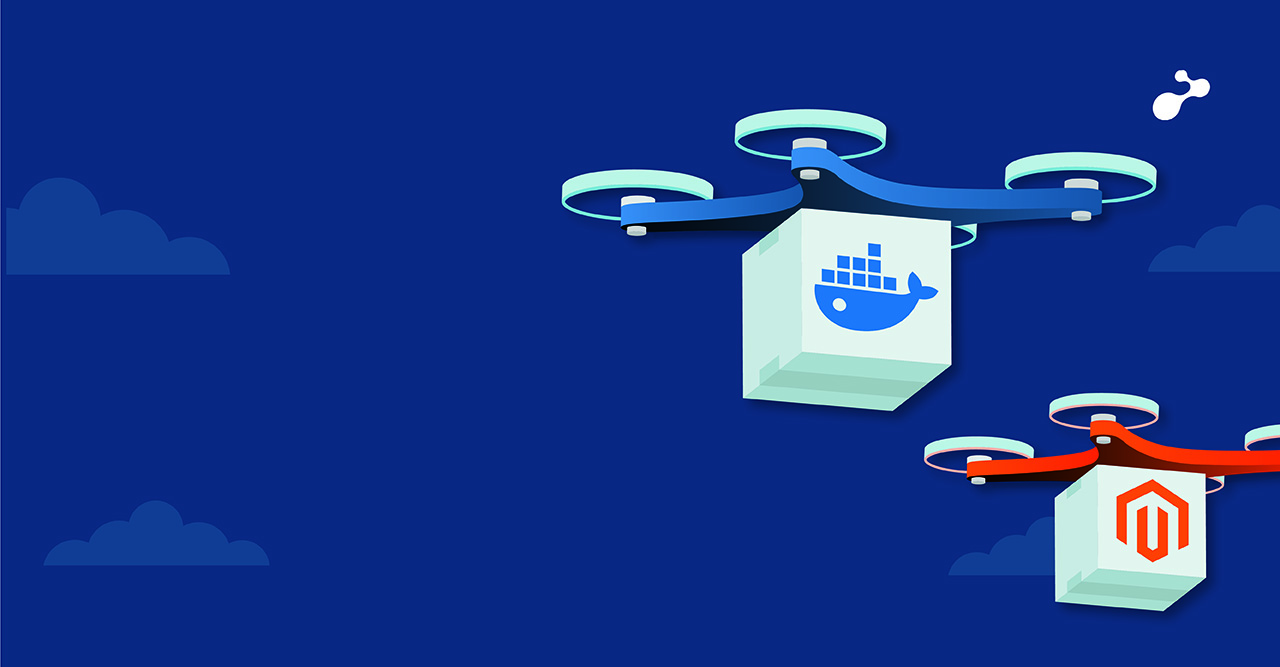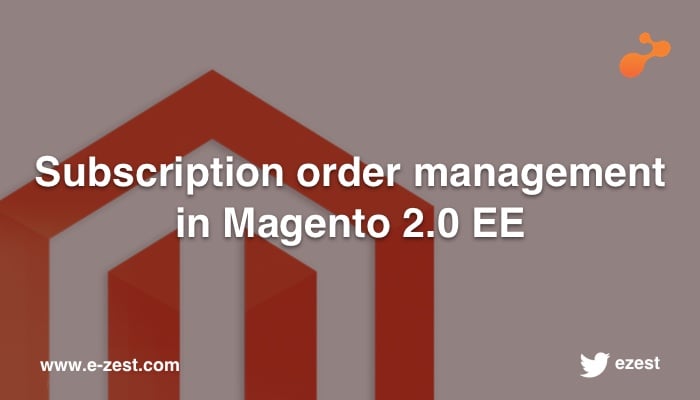One news that is making heads turn today is 'Adobe To Aquire Magento Commerce For $1.68B'. The Adobe stakeholders have liked this news as the gains are quite evident from the 1% surge in its extended trading. However, what's in it for enterprises and developers?
Magento over past few years has worked hard to get recognition of its enterprise commerce platform. The advanced functionalities introduced recently at Magento Imagine 2018, where we were a Gold Sponsor, made it clear that Magento is a serious player in the B2B enterprise commerce world.
Our experience of working with enterprises has highlighted that 'integration' with other applications within enterprises is the key to success. This acquisition means enterprises would soon get a single solution for their commerce and experience platforms. And it is also rightly put by Brad Rencher, Executive Vice President and General Manager, Digital Experience, Adobe that "[Now] Adobe is the only company with leadership in content creation, marketing, advertising, analytics and now commerce – enabling real-time experiences across the entire customer journey."
The integration worries for enterprises would be lesser as digital architects won't have to worry about making content, marketing, advertising, analytics, and commerce dance on the same tune. This would also mean that the implementation cycle would be a bit shorter. This would lead to out-of-the-box decisions. The commerce solution would benefit from Sensei which is a unified artificial intelligence and machine learning platform from Adobe. For all these benefits, enterprises might have to sign bigger bank checks as more licensing tiers with additional costs might be devised for Magento.
Magento over past few years has worked hard to get recognition of its enterprise commerce platform. The advanced functionalities introduced recently at Magento Imagine 2018, where we were a Gold Sponsor, made it clear that Magento is a serious player in the B2B enterprise commerce world.
Our experience of working with enterprises has highlighted that 'integration' with other applications within enterprises is the key to success. This acquisition means enterprises would soon get a single solution for their commerce and experience platforms. And it is also rightly put by Brad Rencher, Executive Vice President and General Manager, Digital Experience, Adobe that "[Now] Adobe is the only company with leadership in content creation, marketing, advertising, analytics and now commerce – enabling real-time experiences across the entire customer journey."
The integration worries for enterprises would be lesser as digital architects won't have to worry about making content, marketing, advertising, analytics, and commerce dance on the same tune. This would also mean that the implementation cycle would be a bit shorter. This would lead to out-of-the-box decisions. The commerce solution would benefit from Sensei which is a unified artificial intelligence and machine learning platform from Adobe. For all these benefits, enterprises might have to sign bigger bank checks as more licensing tiers with additional costs might be devised for Magento.
It would be too early to comment on the developers' fate as Magento is built on PHP and Adobe products are built on Java stack. How Adobe chooses to merge these two solutions would decide the future of demand for Magento developers. However, ready integration with other Adobe products and ability to bank on the strength of Sensei platform implies that Magento developers would get to create something really powerful if PHP remains the development language. Else, they will have to get the hang of Java to experiment with the future editions of Magento. Headless Magento accessible only through APIs as an e-Commerce engine is one extreme possibility while another extreme is Adobe product’s integration extensions.
Impact of this buy-out on Magento’s roadmap that was unveiled in Magento Imagine 2018 specifically related to BlueFoot, Page Builder, and PWA studio may change. There are interesting times ahead for tech folks to gauge the impact on Magento cloud, enterprise, and community.
We are excited about this acquisition. We have worked on a couple of enterprise projects where the commerce portion was handled by Magento and the experience side was taken care by Adobe Experience Manager. We at e-Zest are therefore prepared and won't have to toil ourselves for such integrations in the future.








